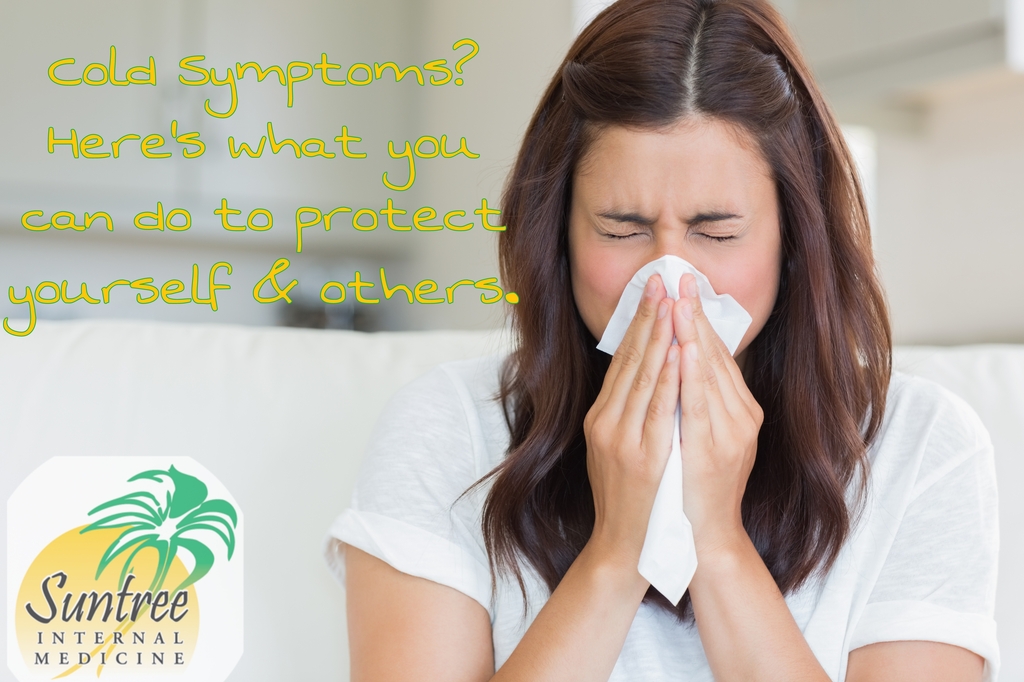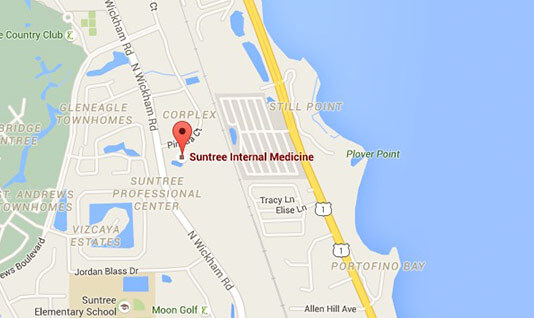Protect Yourself and Others During Cold & Flu Season
Posted on: December 21, 2021

It’s no secret that contracting a viral or bacterial cold is an inconvenience, especially if you have school aged children at home. Sometimes we catch a cold, and it makes work and tasks around the home difficult to accomplish, or the children get sick, and it causes you to use up a few of your sick days for the year. You’re not alone, there are millions of cases of the common cold in the United States every year, with an average of 2-3 colds per year for adult and children average at an even higher rate.
Colds are very common in winter and spring but can be contracted at any time of the year. This is probably the main reason why National Handwashing Week and National Influenza Immunization Week is set in December. Our caring staff empowers our patients to do everything they can to remain cold and flu free, or at least treat symptoms as quickly and effectively as possible. When you understand preventative care, signs, symptoms and treatments the appropriate steps can be taken to keep you and your loved ones healthy.
Cold Symptoms
Cold symptoms can vary from person to person and vary in intensity. There are many different causes of colds, a large portion are caused by rhinoviruses which have been linked to sinus and ear infections and can trigger asthma attacks. Here's are signs to look out for:
- Headaches
- Sore Throat
- Sneezing
- Runny Nose
- Cough
- Congestion
- Body Aches
The viruses and bacteria that are responsible for causing the common cold or influenza are spread through close personal contact and through the air. You can get infected by being exposed to the affected persons respiratory droplets/secretions and in some cases, even contact with stool. You’re vulnerable when you breathe in the air someone just sneezed out, give a handshake and pick up germs from high-touch surfaces that have bacterial/viral particles on them. High-touch surfaces include door knobs, countertops, phones, light switches, toilet seat handles, computers, table surfaces, sink faucets and more.
Which type of cold do I have?
- Common Cold - The common cold can last approximately 7-10 days and symptoms usually include sneezing, coughing, runny nose and headaches. The congestion causes your nose to typically produce thick clear mucus. Although annoying, the mucus is your body's way of expelling the germs in your nose and sinuses. Mucus can cause swelling in the nasal cavity and sinuses which affects the ability to drain, this can lead to even more mucus buildup. This buildup creates pressure and can lead to pain around eyes, forehead and teeth too.
- Sinus Infection - Sometimes, the symptoms mentioned above like runny nose, nasal swelling, etc., result from a sinus infection. Typically, when a cold has lasted longer than a week it may be developing into a sinus infection. This happens when the mucus buildup causes so much pressure no drainage takes place increasing vulnerability to even more types of bacteria.
- Flu - Influenza virus also leads to congestion of sinuses and spreads to the throat and lungs. You will likely experience body aches, chills, fatigue and fever. Oftentimes the flu and either sinus infections or colds have similar symptoms, so they can be confused. However, flu symptoms typically develop at a faster rate, are more severe and last longer.
How to Protect Yourself & Others
Some ways to protect yourself include proper handwashing, avoiding touching your face (nose, mouth, eyes) when out in public and staying away from individuals who you know are sick. If you’re the one that has come down with the cold or flu you can help protect others by avoiding close contact and staying home, cover your sneezes and coughs if you are in around another person. After coughing or sneezing into a tissue be sure to throw it in the garbage then wash your hands thoroughly. Be sure to disinfect high touch areas like door knobs, phones, countertops and lastly... you must rest as much as you can so your immune system can help your body beat the virus or bacterial infection.
When to Call Suntree Internal Medicine
Having a cold in our present-day circumstances has made the decision of when to see a Suntree Internal Medicine Doctor more difficult. COVID-19 is still ongoing, and you may either be nervous you have been exposed, or maybe you haven’t, but you don’t like to venture to doctor offices/hospitals for fear of exposure.
Proper preventative measures and the vaccine have assisted in slowing the spread so that can offer you some degree of peace of mind. Give us a call if you or anyone in your household has: symptoms that are severe, high fevers, symptoms lasting longer than 10 days or if OTC cold aids seem to not be helping. You should also seek healthcare immediately if you are considered high risk for flu complications, are 65 or older, or have medical conditions like asthma, heart disease or diabetes. We pride our office on low wait times and offer free antibiotics! Give our Suntree, FL., office call today.




